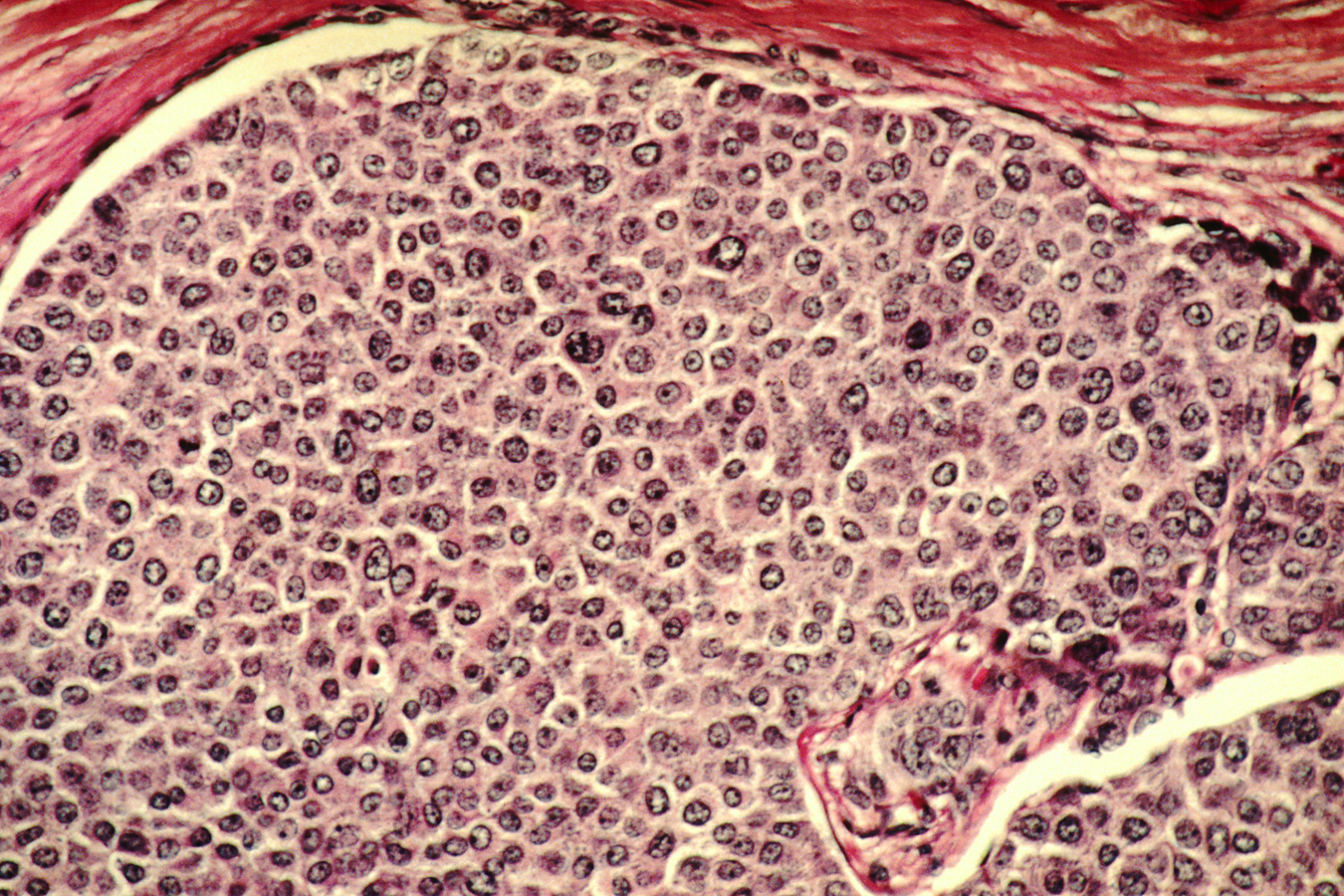A targeted cancer therapy from AstraZeneca’s alliance with Daiichi Sankyo is now FDA approved to treat certain cases of advanced breast cancer, giving the British pharmaceutical giant another product to fill out an oncology portfolio that’s a key part of its revenue growth strategy.
The regulatory decision announced late Friday covers the treatment of adults with advanced cases of breast cancer that is HR positive and HER2 negative and cannot be removed by surgery. Also, these cancers must have advanced or spread following treatment with an endocrine-based therapy and chemotherapy. The drug, known in development as datopotamab deruxtecan, or Dato-DXd, will be marketed under the brand name Datroway.
Datroway is part of a class of therapies called antibody drug conjugates (ADCs), which are made by linking a toxic chemotherapy payload to a targeting antibody. The target of Datroway is TROP2, a protein abundant on the surface of many types of cancer cells, including breast cancer cells.
The AstraZeneca/Daiichi Sankyo drug was evaluated in an open-label Phase 3 study that enrolled 732 patients with advanced breast cancer. Study participants were randomly assigned to receive the study drug or chemotherapy. The main goals were measuring progression-free survival and overall survival. Results showed median progression-free survival of 6.9 months in the Datroway arm compared with 4.9 months in the chemotherapy arm, which was enough to be statistically significant. But Datroway fell short of statistical significance on the measure of overall survival, with a median 18.6 months in the study drug arm compared with 18.3 months for those treated with chemo.
AstraZeneca already markets an ADC for breast cancer. Enhertu was initially approved in 2019 as a treatment for HER2-positive breast cancer. The ADC’s approval later expanded to include HER2-low metastatic breast cancer and HER2-positive non-small cell lung cancer. Last year, the FDA approved Enhertu for treating solid tumors regardless of where they’re found in the body as long as they express HER2. AstraZeneca has set a goal bringing to market at least 20 new drugs by 2030, growing annual revenue to $80 billion. The company said Datroway is now the eighth new medicine for its 2030 goal.
“With this first approval of Datroway in the U.S., we continue to deliver on our ambition for antibody drug conjugates to improve upon and replace conventional chemotherapy for the treatment of multiple cancers,” Dave Fredrickson, executive vice president, oncology hematology business unit, AstraZeneca, said in a prepared statement.
Biopharma information services firm Citeline included Datroway in its report on key potential drug launches for 2025. The drug’s Phase 3 results are comparable to those of Trodelvy, a TROP2-targeting ADC marketed by Gilead Sciences as a second-line treatment for HR positive, HER2 negative breast cancer, the report said. But Datroway’s results come up short compared with Enhertu.
The Citeline report also noted one treatment-related death in the Datroway trial. Given that patients with advanced breast cancer have other treatment options, the potential safety risks could place the drug lower on a physicians’ lists of available therapies, Citeline said. For those reasons, Datroway is unlikely to stand out as a leader in this setting and is expected to get a small piece of market share, the report said.
AstraZeneca said Datroway submissions in breast cancer are still under regulatory review in Europe and China, among other markets. The company is also seeking to expand use of the drug to other cancers. Last week, the FDA accepted an application seeking approval of the ADC for EGFR-mutated non-small cell lung cancer. A regulatory decision in this indication is expected in the third quarter of this year.
Public domain image by the National Cancer Institute











